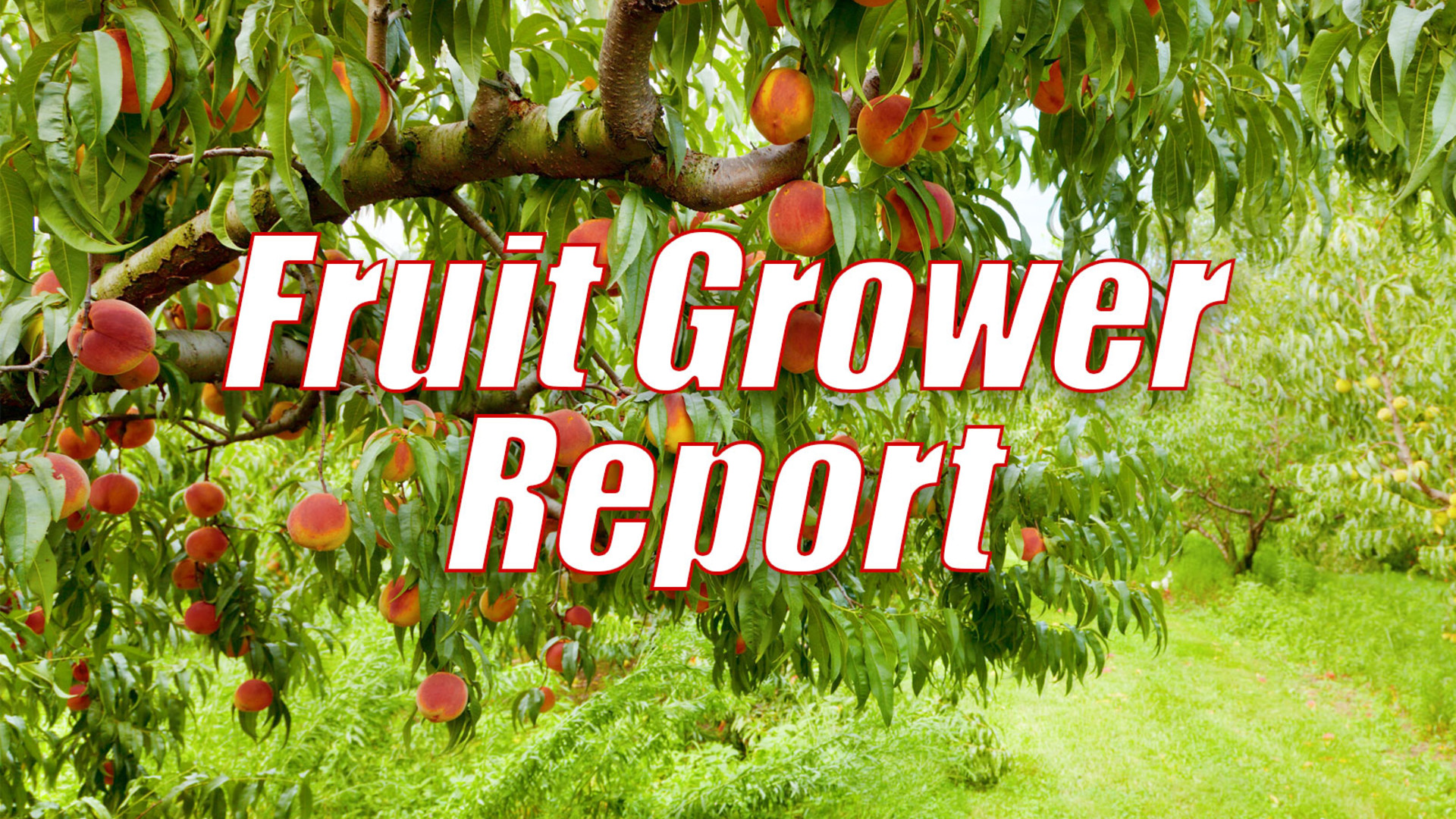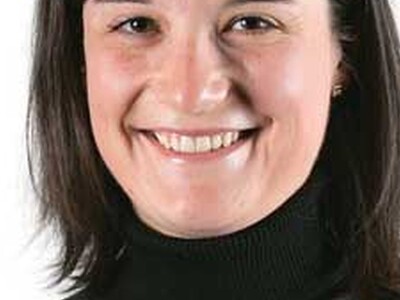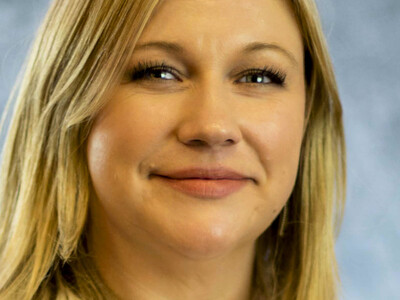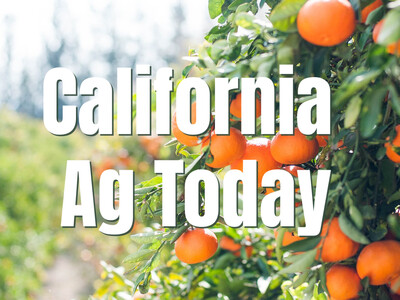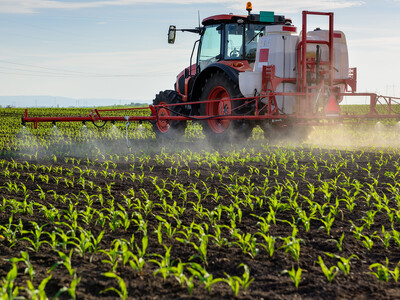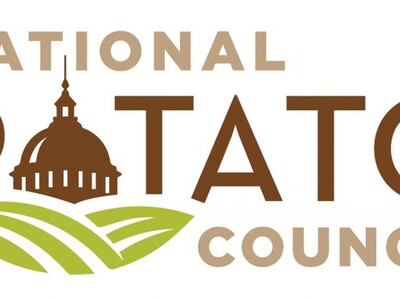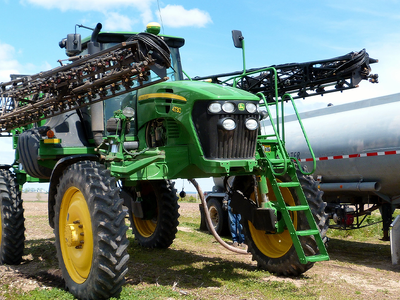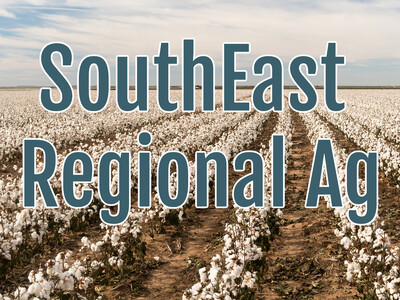Organic Apples Pt 2
With today's Fruit Grower Report, I'm Bob Larson. Certified organic apple production increased 37% in Washington state in 2017, and looks like it will grow even more this year.In 2016, there were 16,191 acres of certified organic apples in the state. The 2017 year ended with about 22,116 acres certified.
WSU professor David Granatstein says the huge jump likely came about for more than one reason ...
GRANATSTEIN ... "One of the drivers is starting more at the fruit company level where fruit companies have customers who are essentially saying, look, we want to come to you and we want to say here's our order for conventional apples and all these different varieties and different amounts, and here's our order for organic, different varieties, different amounts, we want you to take care of the whole thing and if you can't help us meet this organic market then we'll go somewhere else who can because it's become a really important part of the retail grocery business."
Granatstein says you can witness the obvious growth of the organic market at the grocery store ...
GRANATSTEIN ... "In a recent study by the Neilson Group that tracks all the marketing stuff in the U.S. found that the number of mainstream groceries, the larger chains and what-not, their stores that had organic apples in the store, apparently, went from less than 60 percent 10-years ago to almost, virtually, 99 percent currently."
Using the 3,478 acre transition estimates from certifiers, there might be 25,594 acres certified by the end of 2018, or another 16 percent.
Listen tomorrow for more on this organic boom in apple production and how long it might last.
####
BL: Hi and welcome back to another addition of "Fruit Bites" brought to you by Valent U.S.A. and with us again is Valent's Allison Walston. And this week Allison we're talking about Frost protection and how to manage crops and avoid damage ...
AW: Frost prevention can be tricky when Mother Nature doesn't play nicely. Early frosts in the autumn can severely injure a tree because dormancy hasn't been reached yet. Sometimes below freezing temperatures can kill trees especially if recently pruned.
BL: Is there a difference between apples & pears?
AW: Pear growing areas became just that when cold temperatures knocked out most of the apple trees with the pear trees surviving. Spring frosts can kill or damage fruit buds once they have broken dormancy. Freezing ruptures the cells and scorches the plant tissue. That's why you see wind machines in low lying areas. The cold air sinks into these low spots, creating an inversion. The frost fans move and mix the air to prevent damage.
BL: That's great Allison. Join us every week for Fruit Bites, brought to you by Valent USA. Until then, I'm Bob Larson.


